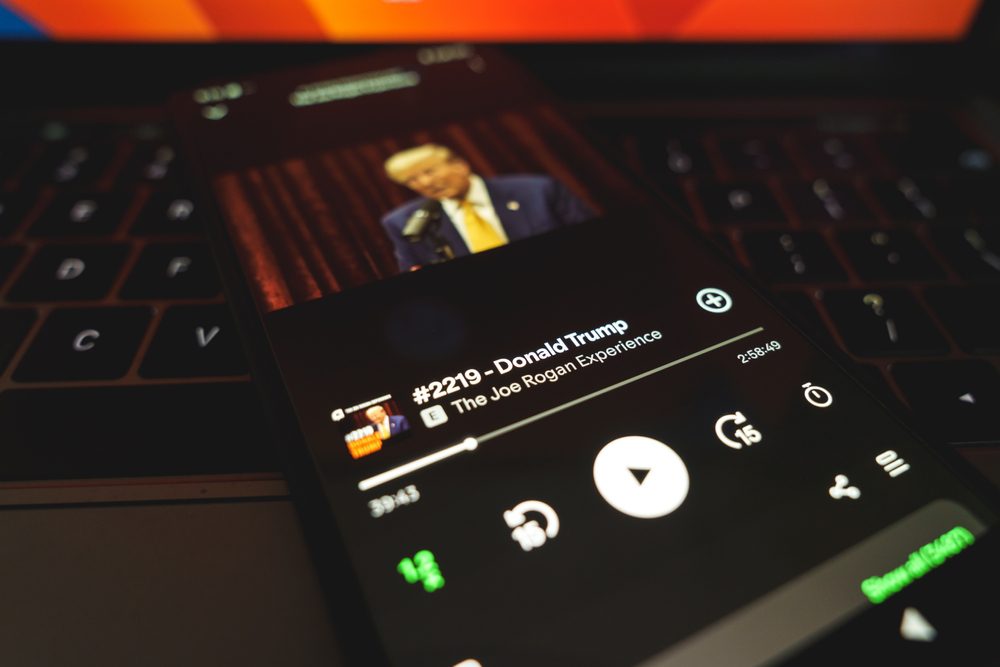Intellectual property — especially that tied to entertainment and sports — is still coveted by marketers as a conducive environment for a commercial message to be received.
Obviously there’s a reason why third baseman David Wright shows up in Vitamin Water advertisements without his New York Mets cap or uniform. Incidentally, Citigroup is spending $400 million over 20 years to place its name on the Mets’ new stadium opening in April 2009.
Lately, lawyers are getting rich over several notable copyright disputes that have implications for promotional marketers.
Heirs of copyright owners won a significant victory in late March when the family of “Superman” co-creator Jerome Siegel for the first time received federal court recognition that it should share in U.S. revenue emanating from the superhero.
Siegel sold his rights to the character 70 years ago for $130 to Detective Comics. A change in copyright law opened the door for reclamation in 1999. Look what’s at stake: the 2006 movie “Superman Returns” took in $200 million in box office, and that’s just movie tickets. Factor in various marketing tie-ins, merchandising, etc.
The March 26 ruling obviously perturbs Warner Bros., but leaves alone its international rights through DC Comics. It appears the case is going to trial.
Alternative rock band Smashing Pumpkins filed a lawsuit against its former label Virgin Records for sponsoring a worldwide promotional marketing campaign by Amazon.com and Pepsi.
The group contends that the deal was set up without its knowledge or permission, in breach of its contract. The label did not respond to a request for comment.
Meanwhile, Woody Allen is suing American Apparel with a claim that the clothing company ad used on billboards in New York and Los Angeles contains an image of himself from the 1977 movie “Annie Hall.”
Obviously, somebody screwed up at the contrite, publicly traded clothing manufacturer/retailer, which issued the following mea culpa:
“Our use of his image dressed as a Hasidic character alongside Yiddish text was meant strictly as a social parody. Although we generally use our two billboards (one in New York on the Lower East Side, and the other in Echo Park, Los Angeles) for commercial purposes, we also use them as a vehicle for non-commercial social and political commentary. We had no intention of selling garments through the use of Mr. Allen’s image. The billboards were up for less than one week back in May 2007. We will make every effort to resolve this with Mr. Allen in an amicable way.”
Maybe Mr. Allen found an investor for his next film.
By the way, in case you were wondering, Homer Simpson’s image on the cover was expressly created for Promo magazine by 20th Century Fox, the copyright holder of “The Simpsons.” Thanks, Fox; it’s greatly appreciated.
 Network
Network

